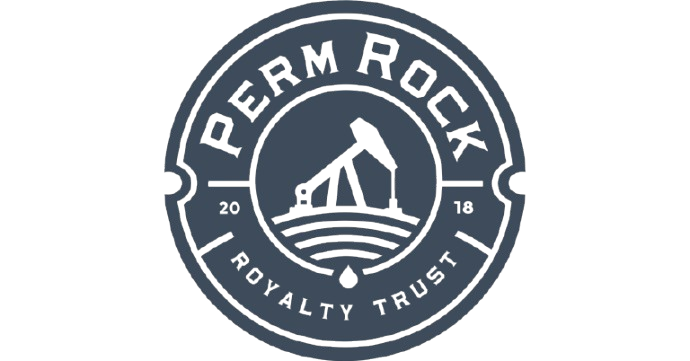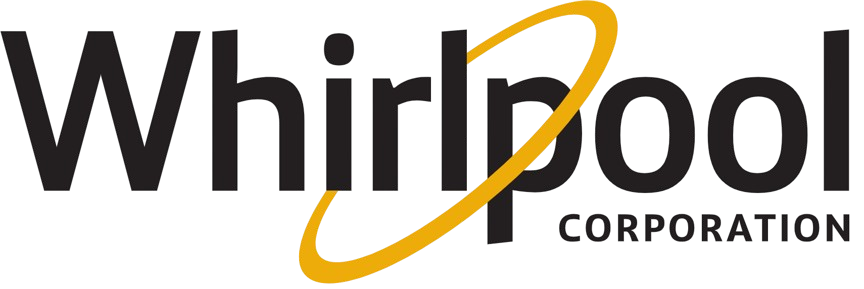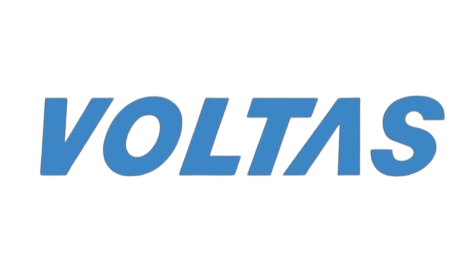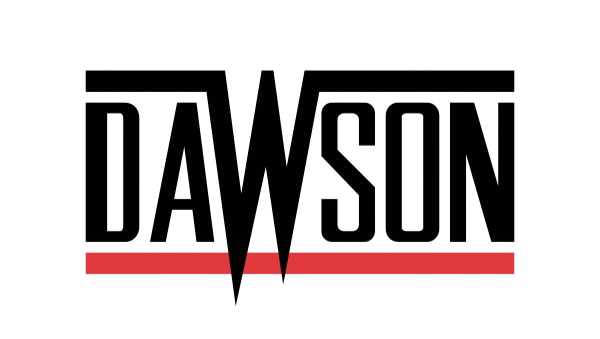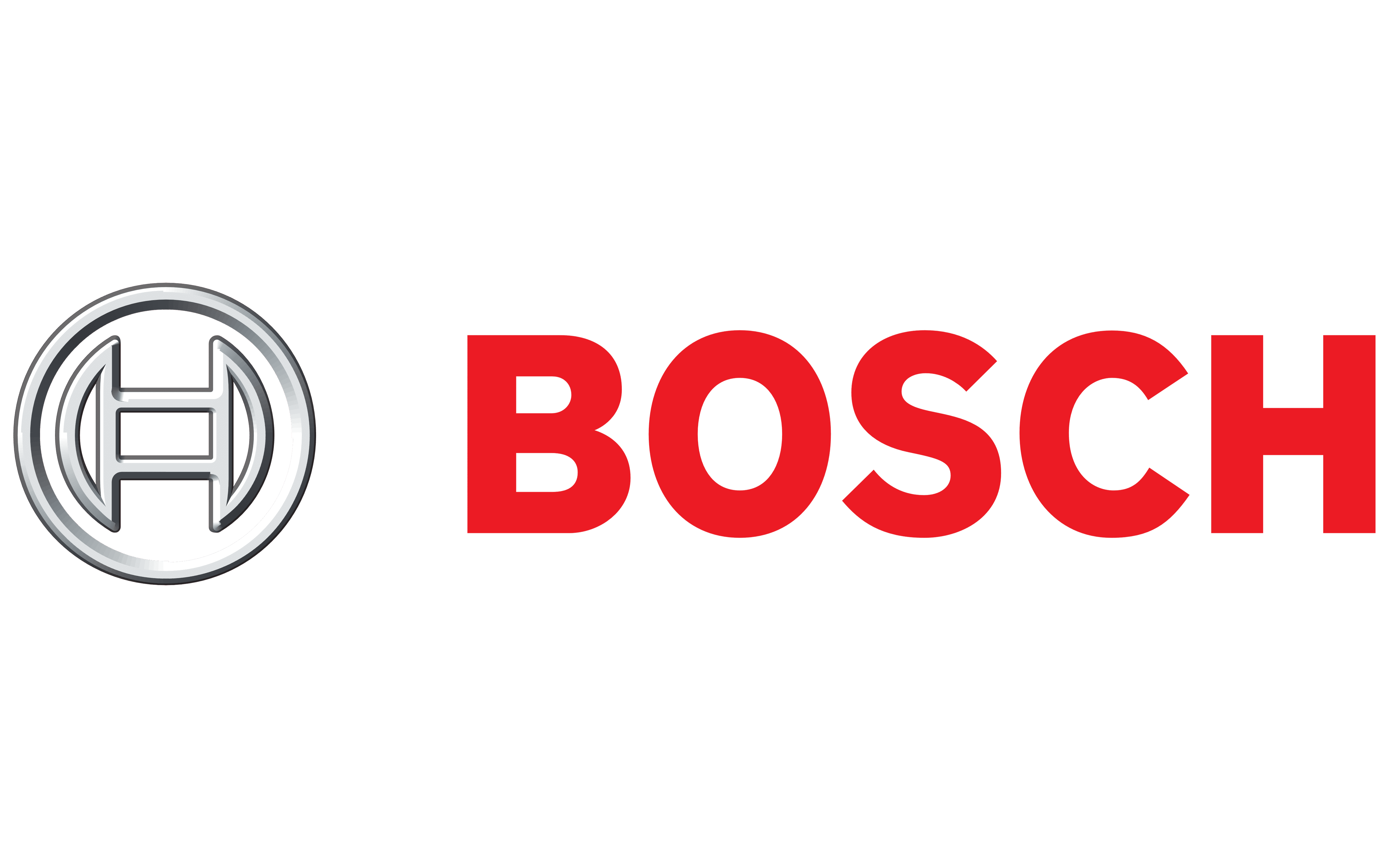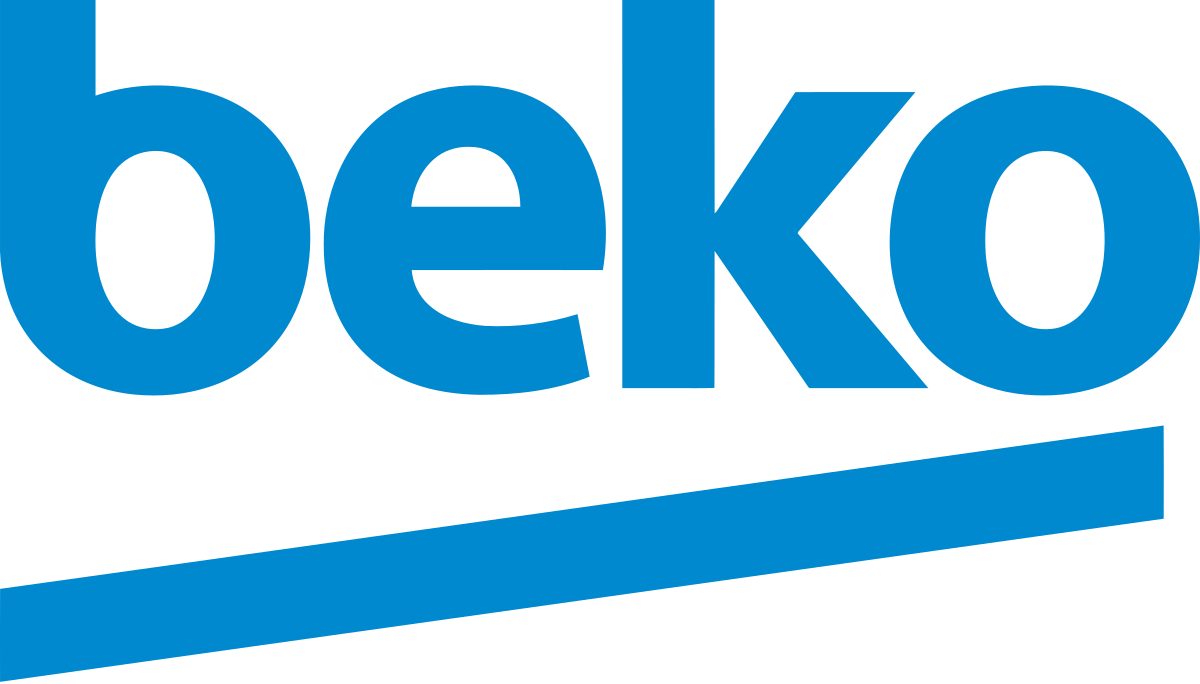
The Role of Modular Wiring Harnesses in Scalable System Design
In today’s fast-paced industrial and automotive sectors, scalability isn’t just a goal—it’s a mandate. Whether you're launching a new electric vehicle line, automating a production floor, or integrating smart systems into home appliances, the need for adaptable, reliable electrical infrastructure is critical. At the core of that infrastructure lies the modular wiring harness—a technology that is quietly redefining the way OEMs approach scalable system design and production scalability.
What Are Modular Wiring Harnesses?
Modular wiring harnesses are pre-engineered electrical interconnection systems designed as self-contained, pluggable modules. Unlike traditional monolithic wiring, modular harness systems segment the system into independent but interoperable units. These modules are engineered to specific standards, often with integrated connectors, EMI shielding, and over-molded interfaces, enabling rapid installation and configuration without the need for field-level wiring.
Key Characteristics:
Plug-and-play interface
EMI/RFI shielding
Over-molded strain relief
Custom connector configurations
Standardization across modules
Designed for modular scalability and system expansion
Built to comply with multiple industry certifications
They serve as building blocks in scalable electrical systems, allowing engineers to isolate, test, upgrade, and deploy subsystems independently. This modularity is crucial in industries where product development cycles are fast and complexity is increasing. In environments such as electric vehicles (EVs), where weight, space, and wiring harness modularity all impact performance, modular harnesses enable rapid deployment and continuous iteration.
At Celestix Industries India Pvt. Ltd., we specialize in manufacturing custom wiring harness solutions for mission-critical applications across:
Automotive wiring harness (EV, ADAS, infotainment, HVAC)
Aerospace wiring harness (sensor clusters, avionics, power modules)
Electronics wiring harness (home appliances, power converters, embedded systems)
All production complies with:
ISO 9001 (Quality Management)
IPC/WHMA-A-620 (Wiring Harness Standard)
IATF 16949 (Automotive QMS)
UL, CE, RoHS, REACH, ISO 14001, ISO 45001
Why Modular? The Technical Benefits
1. Scalability
Benefits:
Plug-and-play integration across system generations
Phased expansion with minimal disruption
Lower cost of system upgrades
Ideal for scalable harness solutions and wiring harness scalability
Increased system adaptability for multi-generation platforms
2. Design Flexibility
Features:
Supports high-mix, low-volume requirements
Interchangeable configurations
DFM/DFA wiring harness compliance
Simplifies legacy-to-modern transitions
Enables custom wire routing for complex architectures
3. Maintenance & Upgrades
Advantages:
Field-replaceable modules
Smart harness readiness (IoT integration)
Faster MTTR (Mean Time to Repair)
Enables predictive diagnostics and maintenance
Reduces long-term servicing and upgrade costs
4. Manufacturing Efficiency
Production Benefits:
Supports Just-In-Time (JIT) strategies
Parallel sub-assembly lines
Adaptable to scalable manufacturing systems
Aligns with wiring harness automation goals
Ensures lean manufacturing and reduced overhead
5. Quality Control
Control Points:
100% Electrical Testing (Continuity, High Voltage)
Pull Force Testing
Crimp Cross-Section Validation
SPC and RCA/CAPA tracking
Barcode traceability and lot-level reporting
Engineering Considerations
Real-World Applications
Electric Vehicle Harness (battery modules, onboard chargers)
Aerospace Harness Design (redundant power, high-reliability communication)
Automotive Harness Modularity (multi-variant model lines)
Smart Infrastructure (intelligent lighting, modular sensors)
Telecom & 5G (rack wiring, field service modules)
Industrial Automation (robotic joints, power buses)
Medical Devices (diagnostic units, modular patient monitoring)
Defense Systems (modular navigation, radar, communication pods)
Key Metrics (Celestix Performance)
Risk-Controlled Innovation
Celestix employs a comprehensive risk control strategy:
In-house environmental lab (humidity, thermal cycling, vibration)
Pre-delivery inspection reports with CoC
Digital tracking for each production lot
Supplier scorecards and audits
Compliance with AS9100 wiring harness and global safety standards
Tools and Methods:
SPC / 5S / Kaizen / TCO wiring harness analysis
Smart monitoring and feedback loops
Integrated CAPA workflow in ERP
Modular engineering support across product lifecycles
Training and qualification on IPC/WHMA-A-620 modular requirements
Why Celestix?
In-house control of modular harness assembly and over-molding
Certified expertise in IPC/WHMA-A-620 modular solutions
End-to-end engineering support
Proactive wiring harness cost reduction and value engineering
Trusted supplier to OEMs in EV, automation, and appliances
Scalable to high-volume and prototype demands
Digital inventory and VMI programs with strategic partners
Final Thoughts
Want to reduce complexity, improve speed-to-market, and future-proof your product lines?
Celestix delivers:
Scalable harness production for high-performance systems
Modular harness efficiency tailored to B2B applications
Flexible wiring harness options for various voltages and environments
Wiring harness value proposition that balances performance, cost, and trust
